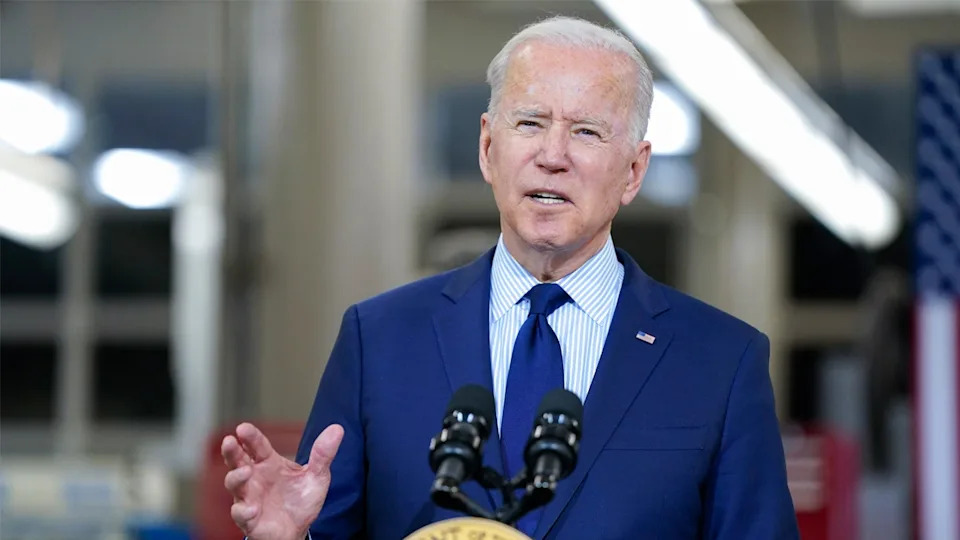
A bill to ban ranked choice voting in Michigan sailed 57-44 through the House on Wednesday, August 20.
Rep. Rachelle Smit, R-Martin, chair of the House Election Integrity Committee and a former township clerk, introduced House Bill 4707, which drew vigorous debate in a committee hearing earlier this week. Smit argues that ranked choice voting is confusing for voters and would cause "additional burdens on our already-stressed election administrators."
Ranked choice voting allows voters to rank candidates in order of preference, essentially marking backup options should their first choice be eliminated. Proponents of the voting method view it as a solution to plurality elections in which a candidate can win with less than 50% of the vote.
Five cities in Michigan — Ann Arbor, East Lansing, Ferndale, Kalamazoo, and Royal Oak — have already passed proposals to adopt ranked choice voting in their elections. However, while ranked choice voting isn’t explicitly prohibited in Michigan, current state election law makes it impossible to implement.
Nevertheless, at the Aug. 19 hearing, several members of the Stop RCV coalition testified in favor of banning ranked choice voting outright. The coalition, which includes several prominent conservative organizations, campaigns across the country to encourage states to outlaw the voting method in their state and local elections.
Jason Snead, executive director of Honest Elections Project Action and Co-Chair of the Stop RCV coalition, argued ranked choice voting “makes voting needlessly time-consuming and burdensome” and stressed how complex and confusing ranking candidates will be for voters.
Rank MI Vote Campaign Director Joe Spaulding, however, described ranked choice voting as a “very simple solution to voters getting punished when they get more choices in an election.”
The group Spaulding leads is proposing an amendment to the Michigan Constitution which would require ranked choice voting for major federal and statewide elections and open the door for municipalities to adopt the voting method. To put the proposal up for a vote on the November 2026 ballot, Rank MI Vote organizers need at least 446,198 signatures from Michigan voters.
More: Michigan campaign seeks to put ranked choice voting measure on November 2026 ballot
After a question from Rep. Stephen Wooden, D-Grand Rapids, in committee, Smit acknowledged that the bill comes in response to the growing Rank MI Vote ballot campaign and agreed with Wooden that, should that amendment to the constitution pass, the bill would become unenforceable.
“Why can’t we just respect what the Michigan voters want?” Representative Matt Kolezar, D-Plymouth, asked Trent England, the other Co-Chair of Stop RCV, after his committee testimony.
England said he felt the bill is a way for legislators to offer their view on the subject, which “has a lot of value to voters because it’s a complicated issue.”
On the House floor Wednesday, Aug. 20, Rep. Josh Schriver, R-Oxford, called ranked choice voting "confusion disguised as reform." Rep. Ann Bollin, R-Brighton, along with Smit, said the voting method goes against the principles of "one person, one vote."
Rep. Penelope Tsernoglou, D-East Lansing, however, accused those supporting the bill of distrusting their constituents as Rank MI Vote gains signatures and jurisdictions like East Lansing approve the voting method.
"The question isn't whether you like ranked choice voting or not. The question is whether you respect the right of Michigan communities to make their own decisions," said Tsernoglou. "Do we trust the voters, or don't we?"
The bill, which passed along mostly partisan lines, heads next to the Democratic-controlled Senate for consideration. It would need to pass both chambers and be signed by Gov. Gretchen Whitmer to become law.
Aurora Sousanis is a politics intern at the Detroit Free Press. She can be reached at [email protected].
This article originally appeared on Detroit Free Press: Ranked choice voting ban passes Michigan House








Comments